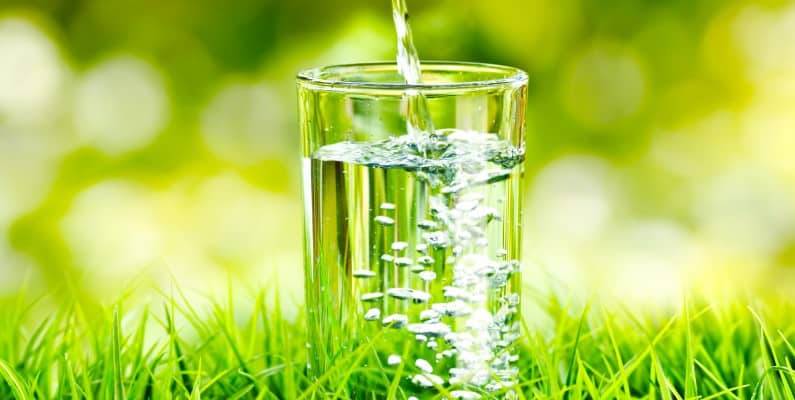Spring has sprung on Orcas! This always brings about a sense of renewal – a time to cleanse and begin fresh. With that in mind, I began to think about how our bodies internally cleanse and the importance of maintaining the body’s detoxifying systems, naturally.
You may have heard various terms such as detoxify and cleanse. These terms have certainly gained popularity over the years. There are several products available that are touted as being necessary for detoxifying the body or cleansing the system. This implies that our bodies need additional “outside” help when it comes to removing impurities and toxins. As it turns out, the body has its own self-cleaning, self-purifying systems. The best ways to protect yourself from toxicity are to avoid taking toxins into your body and to keep those systems in good working order. For example, the kidneys are a key component of our blood-purifying apparatus, and you can best protect their health by drinking enough pure water and avoiding dietary stressors such as coffee, alcohol, and excessive protein. In general, I favor relying on the body’s own resources for detoxifying.
Fiber is one component to naturally detoxifying our bodies on a regular basis. Dietary fiber, also known as roughage or bulk, includes all parts of plant foods that your body can’t digest or absorb. Unlike other food components such as fats, proteins or carbohydrates, which your body breaks down and absorbs, your body doesn’t digest fiber. Therefore, it passes relatively intact through your stomach, small intestine, and colon and out of your body. It might seem like fiber doesn’t do much, but it has several important roles in maintaining health. In addition to normalizing bowel movements and maintaining the integrity of the bowel by preventing things like diverticulitis, dietary fiber also reduces serum cholesterol, helps control blood sugar, aids in weight lose and a few studies are even suggesting its positive role in the prevention of colorectal cancer.
Fiber is commonly classified into two categories: those that don’t dissolve in water (insoluble fiber) and those that do (soluble fiber). Insoluble fiber promotes the movement of material through your digestive system and increases stool bulk, so it can be of benefit to those who struggle with constipation or irregular stools. Whole-wheat flour, wheat bran, nuts and many vegetables are good sources of insoluble fiber. Soluble fiber dissolves in water to form a gel-like material. It can help lower blood cholesterol and glucose levels. Soluble fiber is found in oats, peas, beans, apples, citrus fruits, carrots, barley and psyllium.
You also should be aware that none of the many supplements and herbal products purported to detoxify the system and purify the blood are necessary to good health. Neither is colon cleansing. The entire lining of the colon sloughs off and is regenerated every day. If you are eating well, drinking enough water, and getting enough physical activity, your regular eliminations will be sufficient to keep the colon clean and in good working order.
Set your daily fiber goal to 25–35 grams. The amount of each type of fiber varies in different plant foods. To receive the greatest health benefit, eat a wide variety of high-fiber foods. Packing nearly 8 grams of fiber per serving, beans are one of the best sources of dietary fiber. Fruits, vegetables and whole grains contribute, too.
Check out this salad recipe modified to increase fiber as it features one of my favorite grains called farro. Enjoy this high-fiber salad as a complete meal that will help your body cleanse, naturally.
Happy Spring cleaning!
